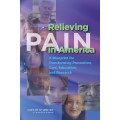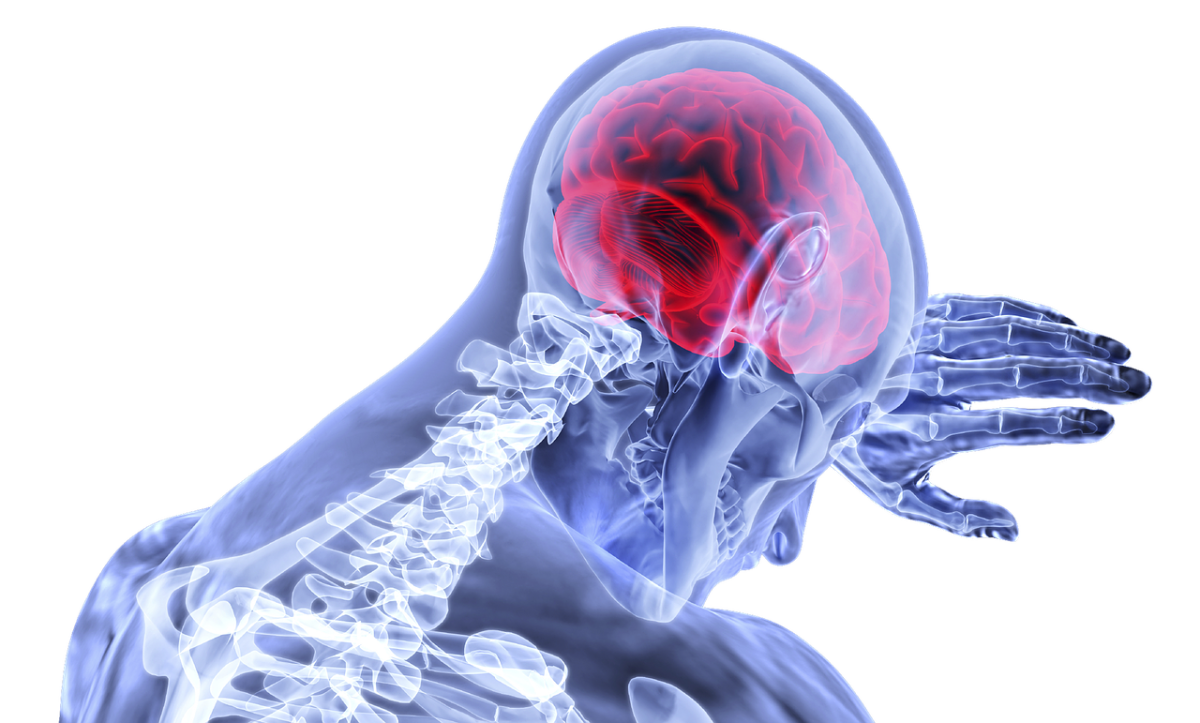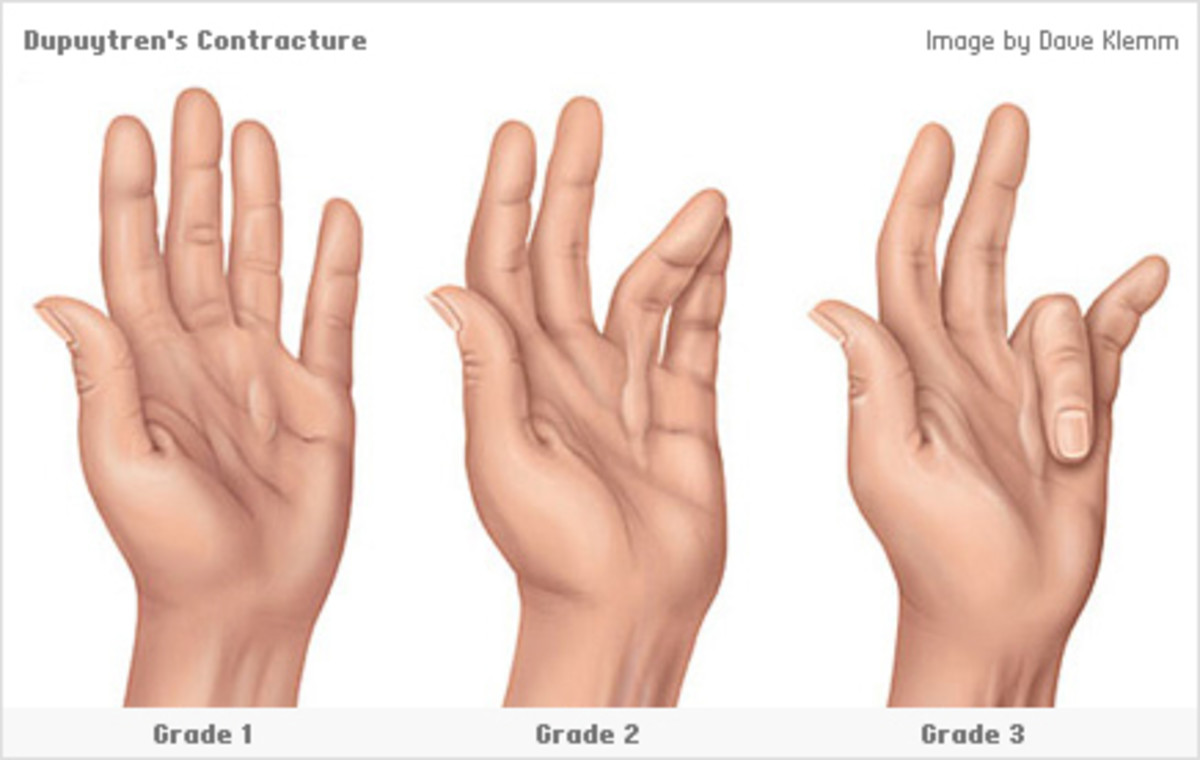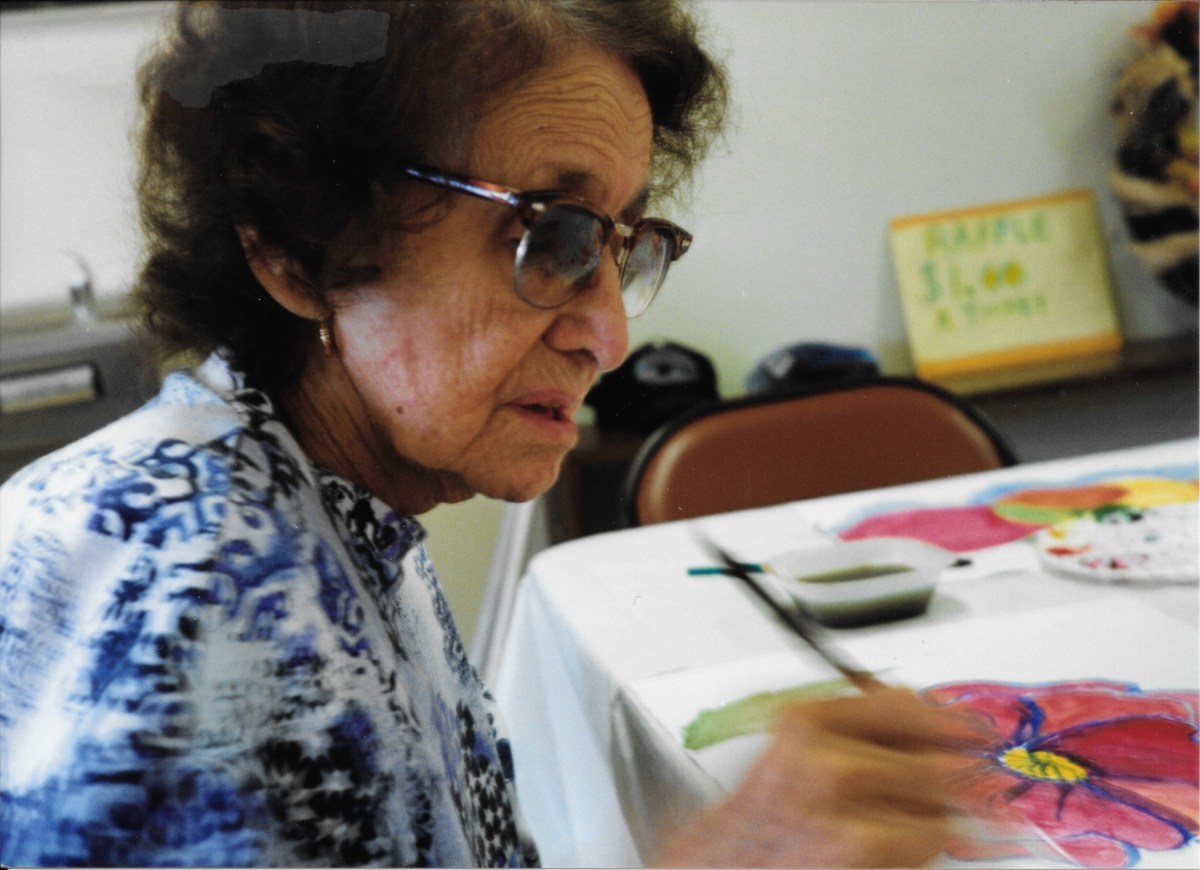Medical Weed Pain Relief Breakthrough!
- Could Chronic Pain Relief With a Vitamin Work?
Do you have chronic pain? Are you tired of risking your health and quality of life by taking too many pain pills for pain relief? It is now time to take a look at a common vitamin that science proves will significantly alleviate pain. Yes, taken in t
Marijuana As a Pain Receiver Is Proven In Many Cases to Block Pain Better Than Opiates

- Old Man Knows Best, Gin and Raisins Alleviate Pain
Is it possible gin could be good for you? And if you use white raisins in the drink will this actually act as a pain reliever? Find out how this anti-oxidant, anti-arthritic and anti-inflammatory mix may contain the secrets you've been looking for to
Marijuana Is Effective Pain Medicine, Forget About the Stigma, Pain Treatment Within The Law Is Your Right!
Chronic Pain Solutions at Mirror Athlete
- Mirror Athlete Chronic Pain Center
Mirror Athlete provides ill-health insight related to pain, pain alleviation and fitness tips, recommendations and techniques to work around pain trigger points, etc. Learn about illness and disease connection, "how to" have quality living experience
Don't Judge Medical Marijuana Users Until You Can Understand Their Pain
I’ve been asked this question many times “what do I think about the use of medical marijuana to relieve pain?” I believe that chronic pain patients have a unique physical and mental pain challenge regardless of pain disorder that most don’t understand, or could relate to unless they experience something similar. Relating to a chronic pain patients problem daily is difficult for those that have never walked in their shoes. It is also common for loved ones to pass judgment and become frustrated with decisions that are made, “or not” by those that are trying to find pain relief. The best example to make a comparison… Most would begin to understand, or relate to a pain patients dilemma if you’d ever experienced an acute and severe low back pain episode. For those that have been fortunate enough not to have experienced a low back strain let me provide a different analogy.
Imagine if you could never get pain relief from a cough or head ache. Instead the cough or headache became more chronic and would not go away for days, weeks, or even months! How would you feel if you couldn’t get relief? Can you imagine going to work each day, taking care of your family, let alone yourself? I know you’ve had this experience and can imagine if you could not get rid of this bug, what would you do, how would this change your life? Most of you have experienced a terrible bout of the common cold or flu. So there is some common ground in relating to what would you do if you had to learn to live with these symptoms on a daily basis. You’d look for all options that are legally available to you to remove, or alleviate this pain. If you can’t find relief your quality of life suffers and so does all around you.
Let’s continue on with this example, when the symptoms are really bad, what do you do? You go to the doctor, they give you antibiotics, you then might also go to the local drug store, load up on cough syrup-drops, AM/PM relief medications, Tylenol, aspirin. Some do all of this while hitting the local sauna in hopes of sweating out the bug, then take a couple of days off of work. Others may do all of this while suppressing the cough by sipping on brandy until they fall asleep. Okay, now you get the ideal. You search out pain alleviation modalities that are legal and available to you that suppress any number of pain type flue, or cold symptoms. When pain exceeds physical and mental tolerances, humans will always look for the best way to customize a pain alleviation program that works best for them. All legal choices should be available for consideration and use within a pain management program. In many cases, chronic pain patients suffer far worse than those that have infrequent bouts with the flu, or common cold. Chronic pain for a pain patient does not go away and varies with frequency- severity dependant on pain disorder and daily work load (activity, exercise, daily tasks, etc.). Those that don’t experience chronic pain daily are typically not able to understand why a person would choose to smoke medical marijuana.
It must be noted I don’t, or would never advocate a 100% use of any pain modality application, but instead advocate combinations, or a balance of holistic approaches for chronic pain relief and customized differently within each pain management program. As such, a chronic pain patient requires all the information possible, understanding benefits and risks in order to make an informed decision to live the “best” quality of life style possible. Pain management programs may consist of any treatment modality combination(s) that may, or may not include pharmaceuticals, herbal, alternative modality treatments, supplemental, exercise; activity program(s) that will provide pain relief. Medical marijuana choices to treat chronic pain are now “legal” (dependant on state).
Medical marijuana has been better than a “quasi” legal pain alleviation alternative since the birth of the “Compassionate Use Act,” passed in 1996. I’d say better then quasi-legal because, although 13 states authorized medical marijuana cards, this does not mean there aren’t conflicting federal laws with regard to each state “use” authorization. Currently, laws that effectively remove state-level criminal penalties for growing and/or possessing medical cannabis: Alaska, California, Colorado, Hawaii, Maine, Maryland, Montana, Nevada, Oregon, Rhode Island, Vermont and Washington. Let’s dig up some facts first by providing some scientific data, testimonials, risk to benefit and finally legal aspects of medical marijuana use. Without going into the physiological depth of how pain receptors work, or doesn’t work, depending on your pain injuries, or diagnosis, let me break this down for you the best way I know how.
People that suffer with chronic pain either have severed, or damaged pain receptor nerve endings. Scientifically proven, if an opiate nerve receiver is not available to block pain because of nerve damage, or severed nerves, opiates such as morphine, or codeine would have little to no effect on the pain area. Scientific studies further point out, although an opiate nerve ending receiver may be severed, or damaged, the THC (marijuana nerve receivers) are intact and do benefit the pain patient by alleviating pain. This is because the nerve cannabinoid receptors appear to maintain functional pain blocking receivers regardless of damage at a pain trigger point which also benefits neuropathic radial pain (radiating pain to distal portions of the body through neural conduit highways).
Stay tuned for further scientific data with regard to this subject and future postings from the author. Visit the profile to learn more about Marc if you'd like and his philosophy on holistic pain management.








